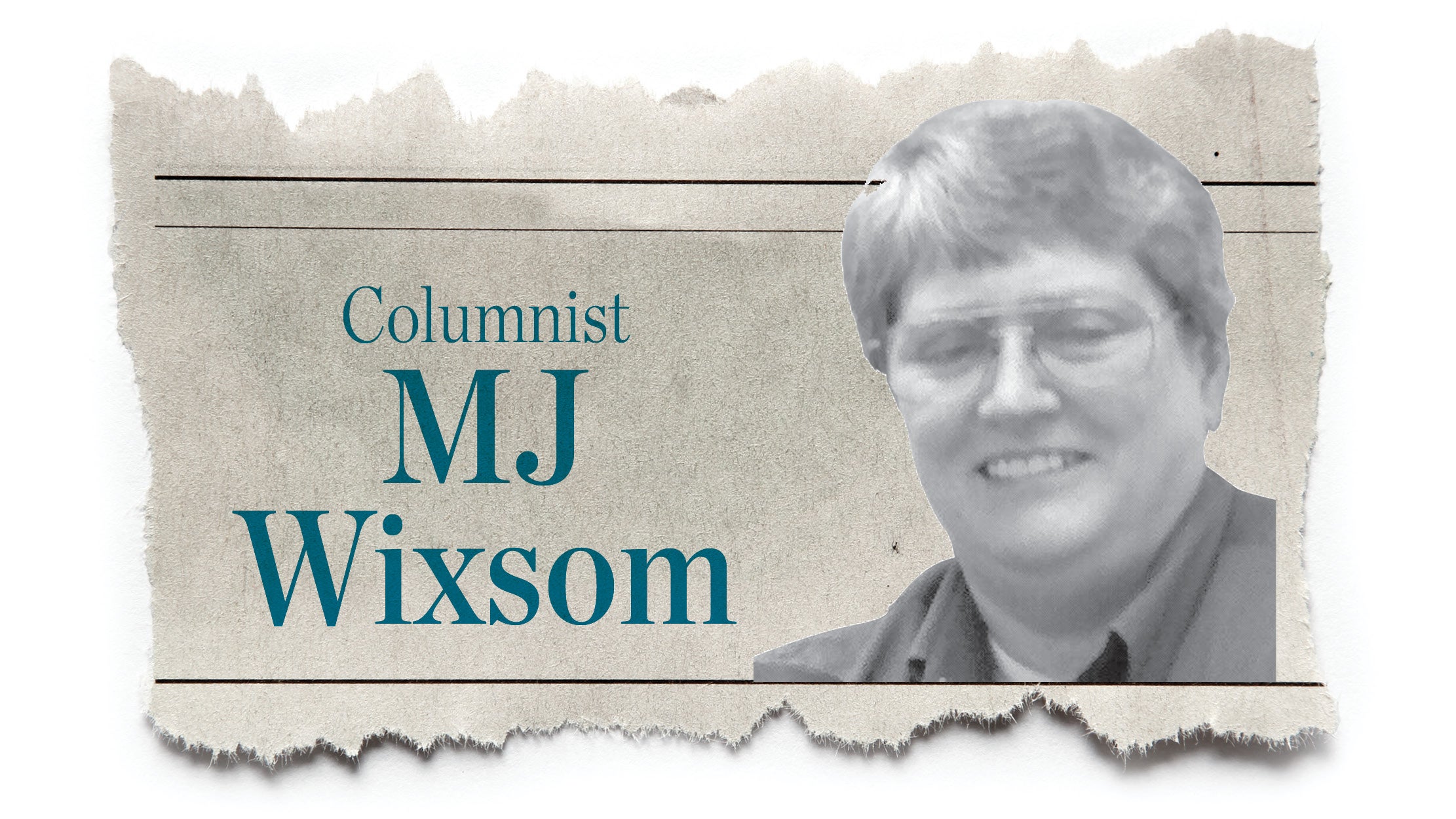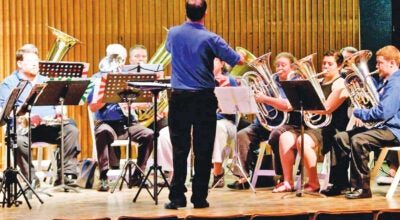The other Jefferson Davis
Published 12:00 am Sunday, September 25, 2011
The Jefferson F. Davis that most people know of was born in Christian County, Ky., on June 3, 1808, within a year and 100 miles of the man who would be his Presidential adversary in 1861 and contest his nation in the American Civil War.
This Davis was also a “Log-cabin President” and the very youngest of ten children. He had been named for our third President of the United States.
Just before his fourteenth birthday, Jefferson Davis entered Transylvania University in Kentucky. His father’s influence won him an appointment to West Point.
Leonidas Polk became his roommate there and Jeff Davis fist fought Joseph E. Johnston over a young lady while there.
Joe Johnston would be punished for this fight throughout the Civil War. Davis became a Mississippi planter and in 1835, married Sarah Knox Taylor, daughter of General Zachary Taylor. Within three months, Sarah died of malaria and in 1845, he married Varina Howell.
This “First Lady of the Confederacy” exercised great influence upon him while living and embellished his Presidential actions even after his death.
In 1845 Jefferson Davis entered national politics. In Congress he became known for his defense of Southern rights. He resigned his seat and became a Mexican War hero for his victory at Buena Vista.
After the War, he represented Mississippi in the Senate. In 1853 Franklin Pierce asked him to become Secretary of War. Perhaps, he was the best Secretary of War the United States had ever had thus far.
He came back to the Senate in 1857 and remained there until 1861 when Mississippi seceded. On January 21, 1861, he made his farewell speech in the Senate.
After his last sentence, there was an emphatic silence. Then came a loud ovation. Davis sat down and lowered his head. He covered his face with both hands.
Some said he wept, but Jefferson Davis was not known for tears shed in public.
All through the night, Varina heard him recite over and over, “May God have us in His holy keeping and grant that before it is too late, peaceful councils may prevail.”
He went home to await a military appointment, but was informed that he was elected President of the Provisional Government of the Confederate States of America.
What about that other “Jefferson Davis?” Brigadier General Jefferson Columbus Davis was born on March 2, 1828, in Clark City, Indiana.
He would serve in the United States Army during the Civil War. As a lieutenant, he was on duty when Fort Sumter was bombarded. Later in 1861, he was named colonel of the 22nd Indiana Volunteers. Davis was actively involved in the battles of Wilson’s Creek, Pea Ridge, and Corinth.
He left his sickbed in Cincinnati to assist in defending Louisville, Ky., when Braxton Bragg invaded that state.
Major General William “Bull” Nelson appointed him to raise a local battalion to aid in defending Louisville. The two men clashed in every way and did not like each other.
“Bull” Nelson criticized Davis’ efforts with exceptionally strong language. Jefferson C. Davis answered Nelson with a verbal barrage of his own. William “Bull” Nelson relieved Davis of his position and told him to leave Louisville.
Nelson had been part of Major General Don Carlos Buell’s Army of the Ohio and fought under Buell at the Battle of Shiloh. For his efforts at Corinth, Mississippi, and Chattanooga, Tennessee, he was made a major general.
In his only independently-fought battle, Nelson opposed the Confederates at Richmond, Kentucky, on Aug. 30, 1862.
He was wounded and humiliated in this battle. After retreating, William “Bull” Nelson came to Louisville and made his headquarters at the Galt House Hotel.
On Sept. 29, 1862, Jefferson Davis learned Nelson had been replaced by Don Carlos Buell. However, “Bull” Nelson still maintained his office at the Galt House Hotel.
Davis and Nelson saw each other there when Davis came to report to Buell.
Jefferson Davis approached Nelson in the lobby and demanded a belated apology. Nelson refused and Davis wadded up a hotel visiting card and threw it in Nelson’s face.
Nelson slapped Davis and left the room. Jefferson Davis borrowed a pistol, looked for Nelson, and shot him to death from a three foot distance. Nelson would die a little over an hour later.
Many officers and civilians saw the murder. Davis was never brought to trial. Other officers said it was an “affair of honor.” Davis returned to the War and led Sherman’s XIV Corps in Georgia. He never expressed any regrets.
By the way, President Davis’ middle name was “Finis,” Latin for end or conclusion. Jefferson Finis Davis was the tenth child of his parents.
His father hoped Jefferson would be the last one and so, “Finis,” Mr. Davis’ last child. Former President Jefferson Finis Davis died on Dec. 9, 1889. Never truly loved in the South, this man made himself a symbol of the “Lost Cause,” unrepentant to the very end.
Jefferson Columbus Davis’ murder of Nelson limited his military advancement. He died in Chicago on Nov. 30, 1879.
As a “Regular” officer, Jefferson Columbus Davis believed he deserved more respect from “Bull” Nelson and said so.
This Davis was also unrepentant to the very end.
Bob Leith is a history professor at Ohio University Southern.




